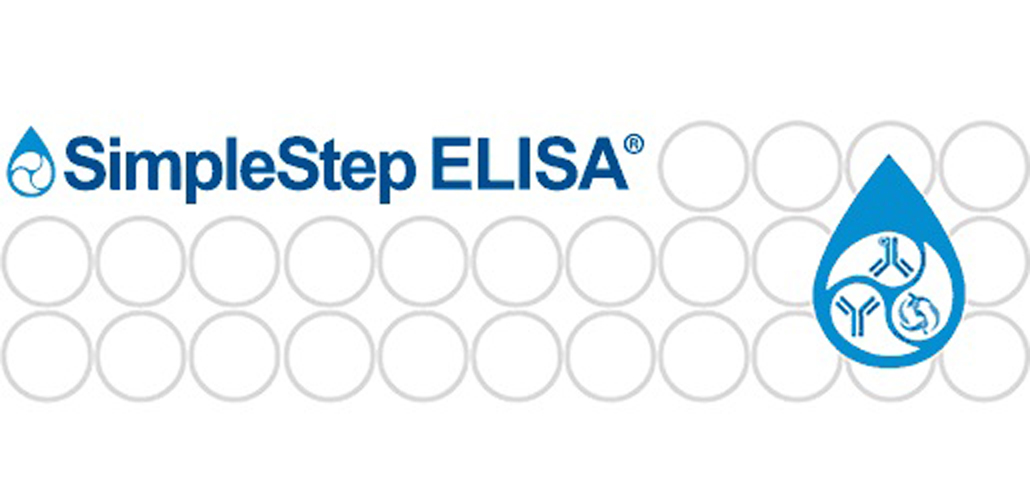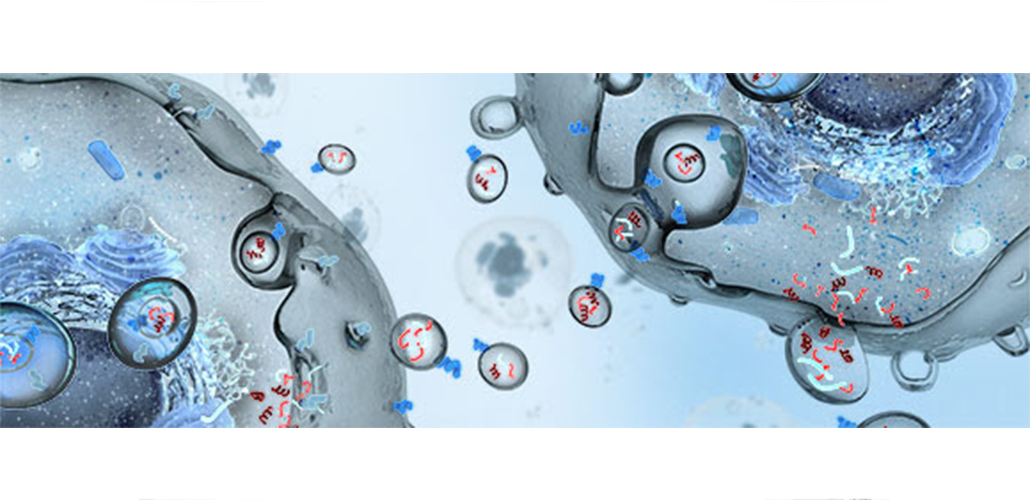Mouse SimpleStep ELISA Kits
June 12, 2015ELISA kits to mouse targets may be less reproducible, specific and sensitive when compared to ELISA kits to other species’ targets due to the use of batch-specific polyclonal antibodies. Use of monoclonal antibodies in ELISA is preferred for target specificity and reproducibility; however, mouse monoclonal antibodies cannot be generated to mouse targets and the use of related rodent hosts, such as rat are difficult to produce.
Many SimpleStep ELISA kits to mouse targets use RabMAb antibody technology, Abcam’s patented rabbit monoclonal technology, to achieve greater sensitivity and specificity. Rabbit monoclonal antibodies have the enhanced affinity of a rabbit host antibody coupled with the specificity that is the hallmark of monoclonal antibodies. In addition, a majority of RabMAb antibodies are recombinant monoclonal antibodies delivering more batch-to-batch consistency in quality and performance. Multiple rabbit monoclonal antibodies are screened for optimal performance as both capture and detector antibodies before selection for SimpleStep ELISA Kits. As a result, these ELISA kits frequently exhibit improved assay performance with greater sensitivity than the leading competitors.
In addition to improvements in sensitivity, SimpleStep ELISA kits offers multiple benefits to the researcher:
- 90 minute assay time with no wash step reduces time to results from the standard 4+ hours
- Validated with relevant matrices so that they will work in complex samples
- Broad dynamic range reduces the need for multiple sample dilutions




